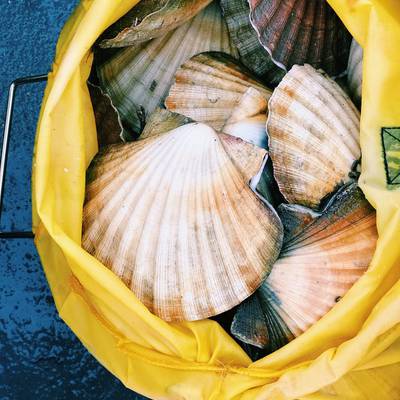
What am I allowed to export from Turkey?
World-renowned for its vibrant history, mouth-watering cuisines, and unmistakable hospitality, Turkey is one of the most fantastic countries to visit. As bustling bazaars filled with exotic items and goods attract countless tourists, it's no surprise that many would like to take a piece of Turkey back to their homeland. This guide provides an overview of what you are allowed to export from Turkey to preserve these unmatched experiences.
The Basics: Understanding Turkish Export Regulations
When it comes to exporting goods from Turkey, local laws and regulations could be quite stringent. Importantly, the items carried should not be against the Turkish cultural, historical, or economic values. In some cases, a special permit is needed if the items are of exceptional cultural or historical significance.
Art and Antiques
Exporting antiquities, art pieces, or any items of historical value from Turkey is heavily regulated. Turkey's rich history and cultural heritage have led to strict laws to protect it. If you come across a historical artifact, even if purchased legally from a merchant, you need an export certificate from the Ministry of Culture and Tourism of Turkey. Often, it is best to avoid buying these items, as many are not legally available for purchase or export.
Carpets and Kilims
Authentic Turkish carpets and kilim rugs are major attractions for tourists. While you can take one back home, certain conditions apply. Antique rugs (over a hundred years old) require an export license, while newer ones do not. It's recommended to ask sellers to provide detailed information about the rug's age and origin.
Food Items
Turkish delights, spices, and teas are some of the most popular items tourists typically want to export. Policies regarding these items are relatively lax, but some restrictions are contingent upon your destination country's regulations. It's advisable to check your country's import laws and keep food quantities within reason.
Jewelry
Turkey is home to exquisite handcrafted jewelry. Exporting jewelry is facilitated as long as it's for personal use or small quantity gifts. Bulk export might need a proper declaration and will be subject to customs duty at your home country.
Leather Goods
Given the country's vibrant industry, leather goods and textiles are readily exportable. Nevertheless, be aware that some countries have restrictions on specific types of leather, so check before exporting.
What You Cannot Export from Turkey
Regardless of what you decide to export, remember that there are items you are not allowed to export from Turkey. These include archaeological and ethnographic objects, fossilised pieces, coins, printed or handwritten documents, and arms and ammunition, to name a few.
Tips for Packing and Documentation
Ensure your goods are appropriately packed to survive the trip. For valuable items, consider professional packing. Be aware that customs officials may inspect your items, so have all receipts and certificates on hand. Avoid misdeclaring your items as this can lead to fines or seizure.
Last Word
While Turkish bazaars and shops are riddled with beautiful and exotic items, bear in mind that not everything can be exported. Understanding Turkish export laws is crucial to avoid mishaps. However, most regulations are common-sense safeguards rather than restrictions and are generally beneficial to keeping the export process hassle-free and enjoyable.

What type of adapter do I need for the outlets in Turkey?

What do I need to know about driving in Turkey?

How much does the food cost in Turkey?

What are the restrictions regarding alcohol consumption in Turkey?

What legal problems might I face in Turkey as a foreigner?
